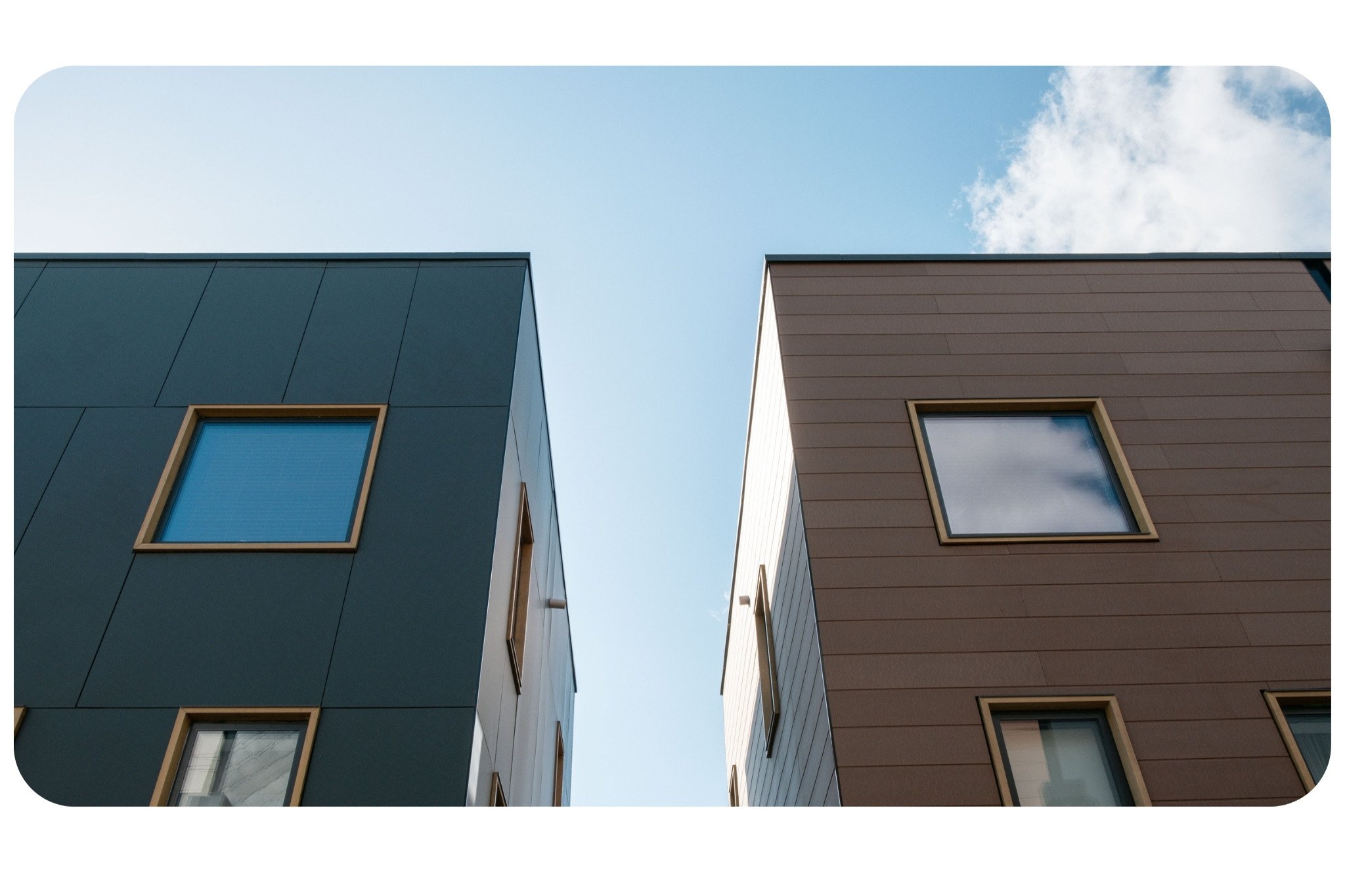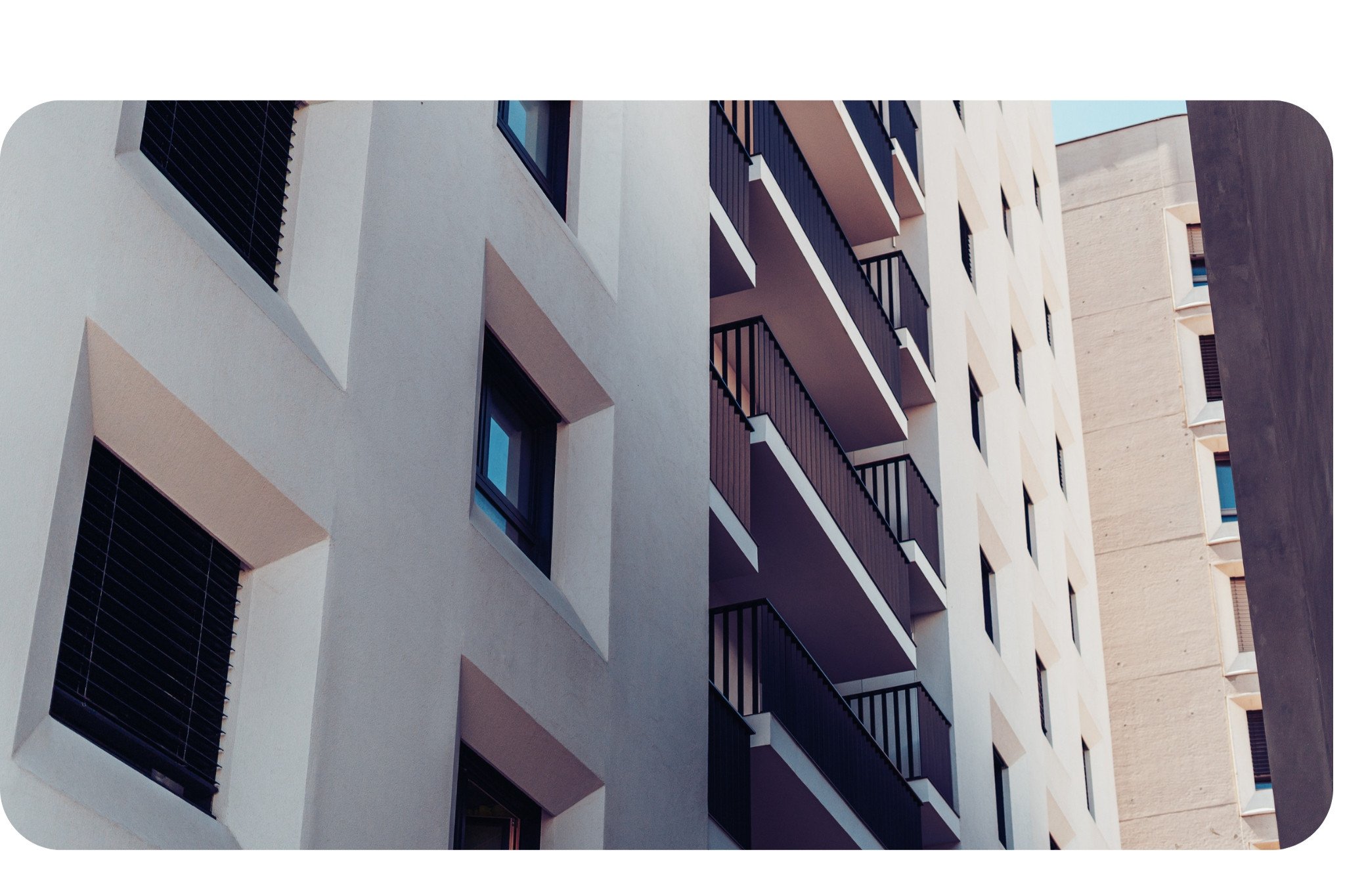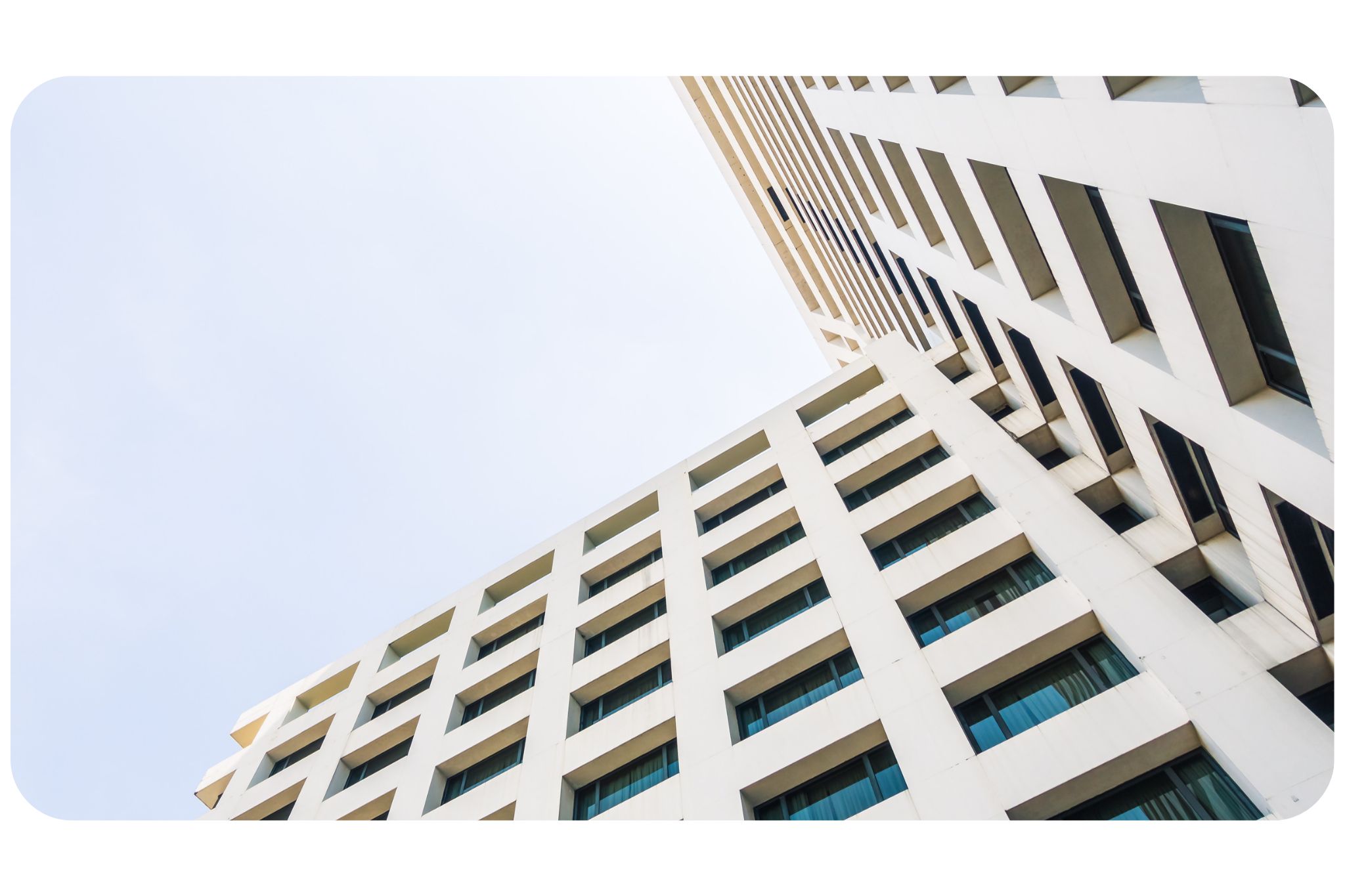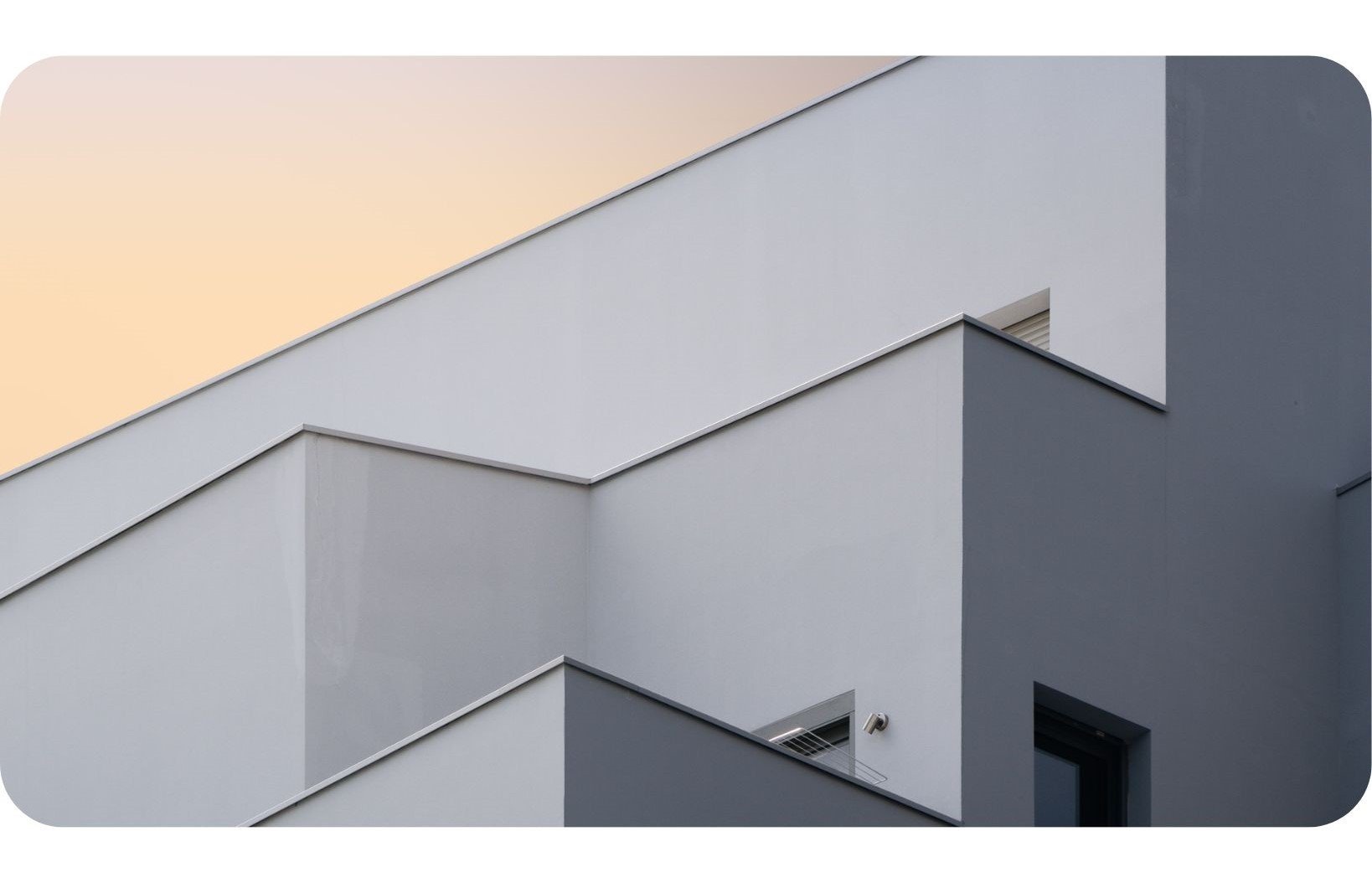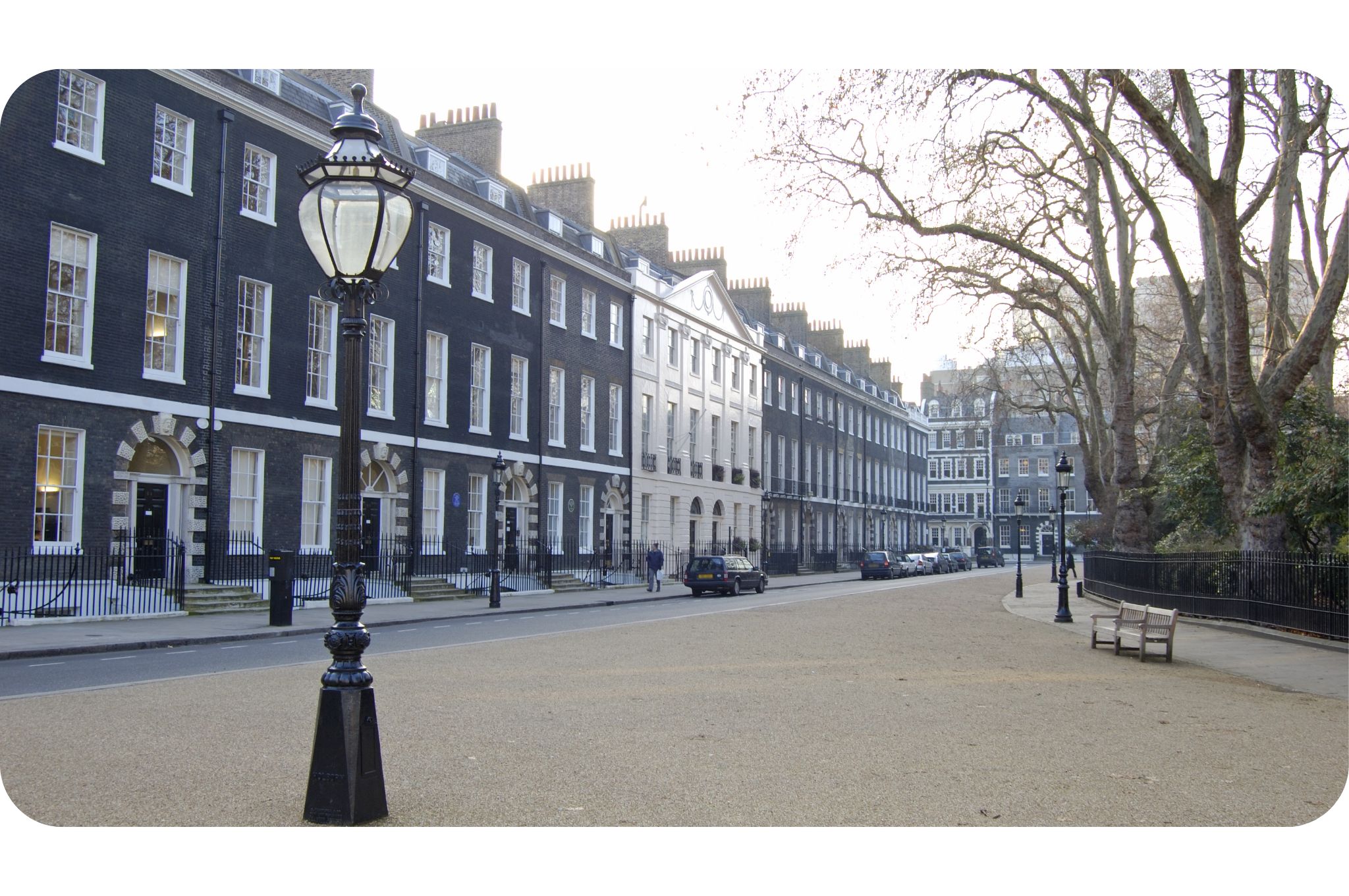Exploring the Booming Landscape of Property Development in Nigeria
Unleashing the Potential of Nigeria
Nigeria, with a population of over 200 million people and a GDP of 506.6 billion dollars, stands as Africa’s most populous country and largest economy. The West African country presents enormous opportunities to investors and developers. Nigeria's real estate market is dynamic and prone to change as a result of a number of factors, such as governmental regulations, economic situations, and societal developments. It is only wise that property developers understand these factors and how they can turn them to positives. In this article, the current situation of property development in Nigeria is examined, as well as challenges and prospects.
The combination of the rapid urbanisation and robust economic expansion of Nigeria has increased demand for housing and infrastructure construction. Nigeria's GDP growth from 2015 to 2021 averaged 3.6%, according to the World Bank, demonstrating the country's economic resilience. It is projected that by 2030, 60% of people will live in urban areas, significantly increasing the need for residential and commercial space. This demand, therefore, results in the high cost of real estate in Nigeria. It is however worthy to note that depending on a number of variables, including location, property size, quality, and the type of construction (residential, commercial, etc.), the cost of real estate development can vary greatly.
The government's dedication to fostering an investment-friendly climate is another element that supports the expansion of real estate development in Nigeria. The development of a one-stop shop for investors and the streamlining of the application procedure for permits and licenses are just a couple of the policies the government has put into place to make it easier to do business in the country. As the government hopes to ease the problems of housing in Nigeria, several projects have been put in place. For example, in 2021, the federal government announced a 200 billion naira (432 million dollars) facility set aside for a housing scheme that would deliver houses to 1.5 million Nigerian families.
Land ownership is a significant obstacle to the growth of real estate in Nigeria. The country has a complicated system of ownership and control over its land. Due to the difficulty in acquiring land for development, there have been delays and higher costs. Some of the fraudulent land cases in Nigeria have not come in from private individuals. In recent years, there have been stories of how real estate agencies have duped people of their money and how these developers engage in repetitive sales of already sold lands. Consequently, corruption also exists in this industry.
While an average Nigerian may not think about the impacts of their home construction on the society’s ecology, there is an increasing focus on environmentally friendly and sustainable property development in Nigeria. One major project that signifies this is the Eko Atlantic . The Eko Atlantic is a planned city being developed in Lagos, Nigeria, on land reclaimed from the Atlantic Ocean. Just like in the project, modern Nigerian developers are implementing green building techniques, renewable energy sources, and ecologically friendly designs to lessen the ecological impact of construction. Therefore, it is important that prospective developers include sustainability in their development plans.
In conclusion, property development is a promising sector in Nigeria with lots of room for expansion and investment. There are, however, further issues that need to be resolved. Together, the government, developers, and other interested parties can build an environment that encourages investment and address the issues affecting the sector. With the right strategy and financial commitment, property development can be a successful and worthwhile endeavour in Nigeria.
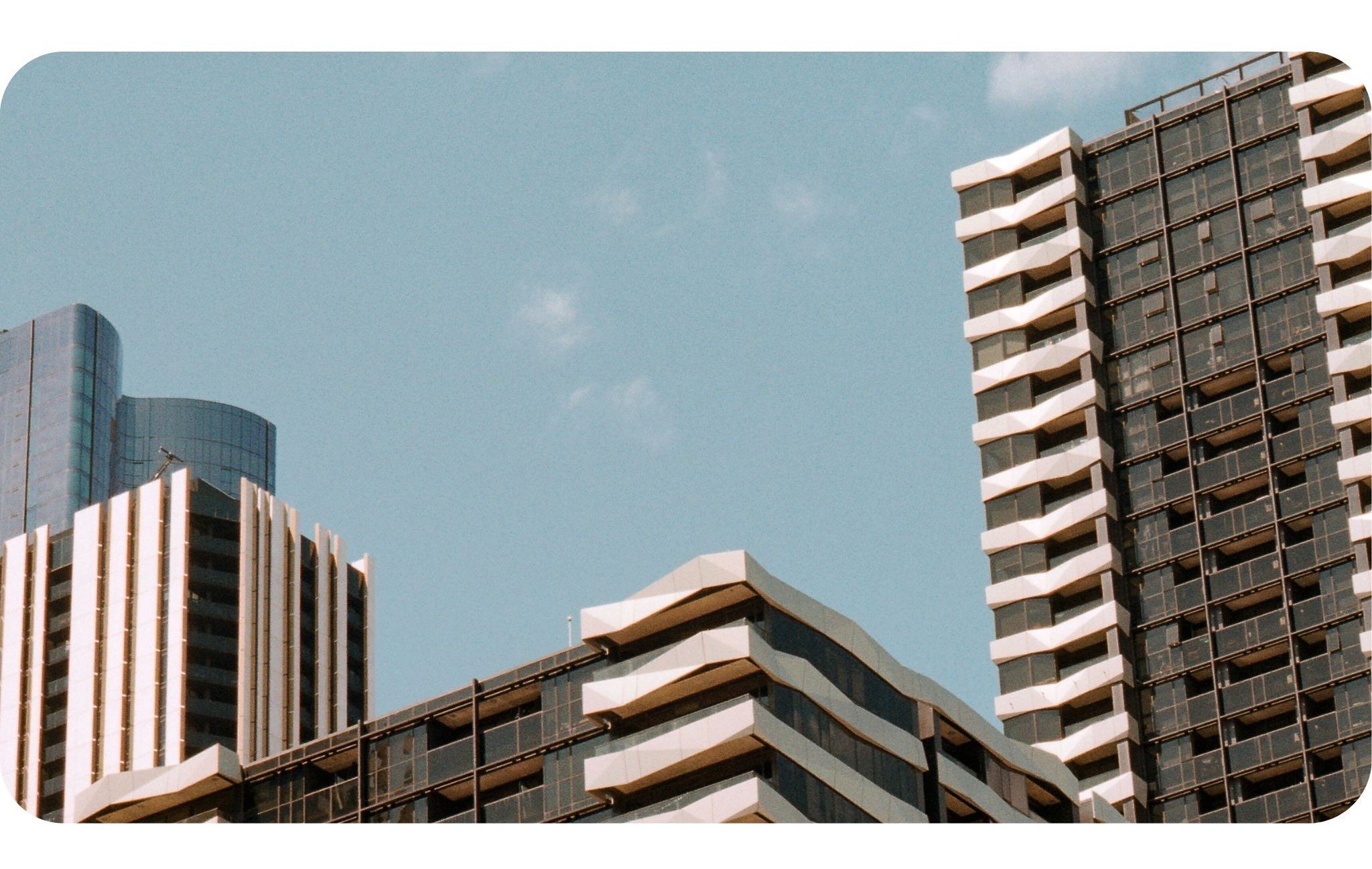
(B067)
Make Your Business Online By The Best No—Code & No—Plugin Solution In The Market.
30 Day Money-Back Guarantee
Say goodbye to your low online sales rate!
